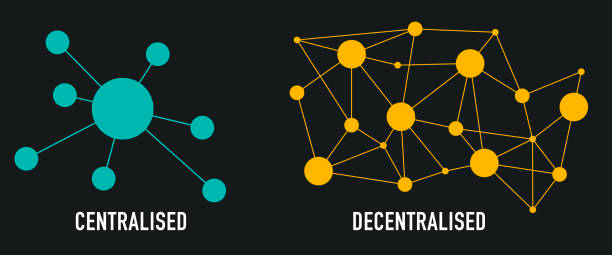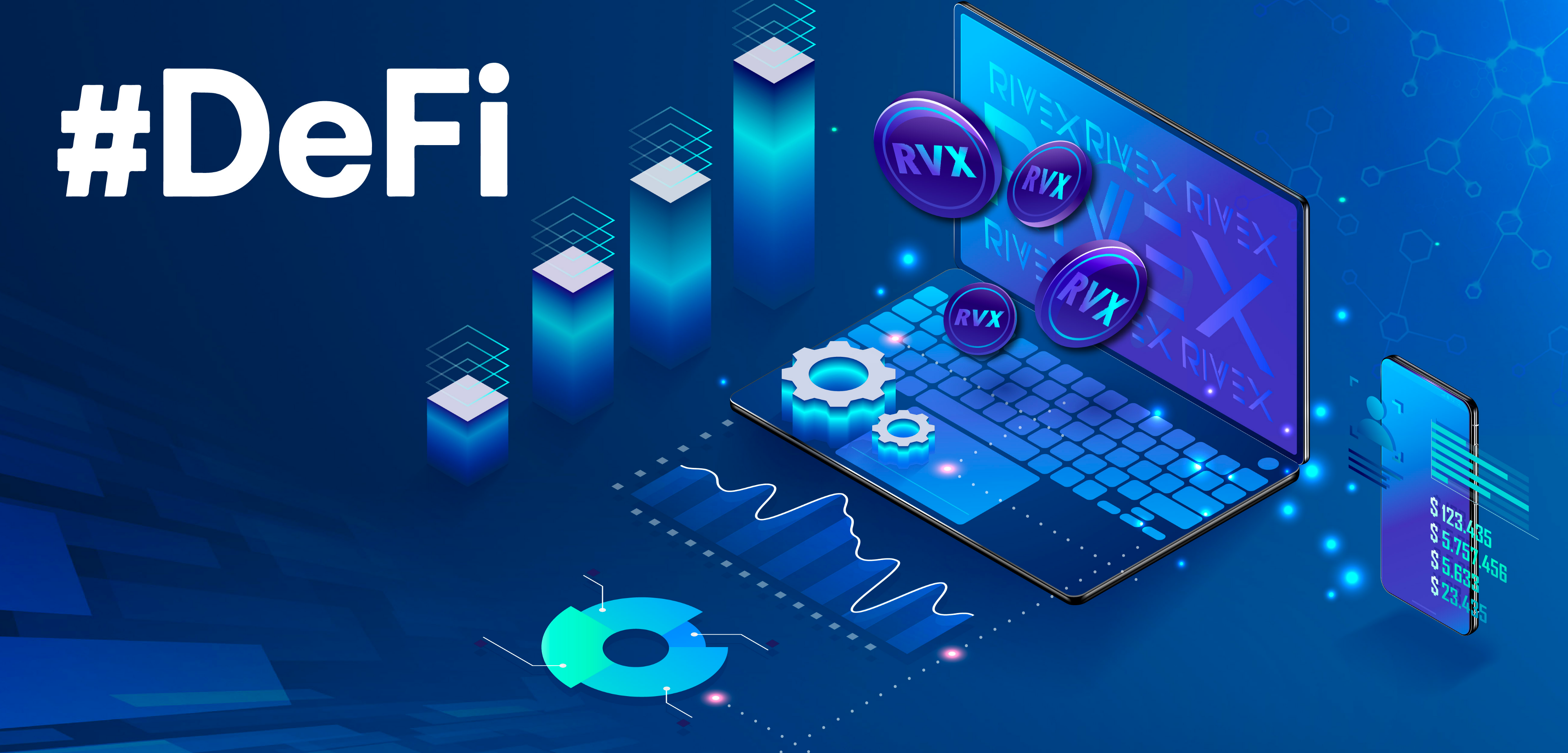
👾 Game Master
6/21/2022, 2:29:13 PM
Decentralization
What is Decentralization in General?
To understand the term decentralization, you can split it up as “de + centralization”, which simply means "without a centralized authority". This concept can be applied in many different areas, such as politics, science, laws, etc. Here we are focusing on finance and see what interesting features decentralization had brought to the field.

Applications of Decentralized Market
1. Forex Market
Forex also stands for the foreign exchange market. The technology behind this decentralized market enables investors to trade digitally without geographical barriers. The traders can directly buy and sell their currencies, and no centralized authority is involved throughout the process. Decentralization makes the Forex Market much more efficient and convenient because it diminishes the complex process made by centralized governments and institutions.
2. Crypto Currency & NFT
Both cryptocurrency and NFT are typical examples of a decentralized market product. In general, they allow the traders to directly make transactions with one another based on blockchain technology.

Image source: https://miro.medium.com/max/8000/1*CC16-qoN5ow2E3mdQUl3Qg.png
Like other new technologies and concepts, decentralization had brought many controversies. The supporters and opponents of decentralization all hold different perspectives.
Pros of Decentralization
- Secure: For most decentralized markets, especially the markets that are based on blockchain, security is one of the most classical traits. Personal information is anonymous in these markets, which means there will be no concern for divulging private info.
- Transparent and Traceable: You might think transparency and security are two opposing topics, but based on programming technology, blockchain will be able to track all the transactions happening, which on the foundation of security, also makes the market transparent enough.
- Efficient: Without a centralized authority and without all unnecessary legislation processes, the market is much more efficient than a centralized market. It eliminates all the unnecessary human processes by introducing advanced technologies. However, as mentioned, security is one of the other important advantages of a decentralization system. You may wonder how the system is going to achieve so if no human legislation processes are involved? Well, a technique called the Hash solves the problem.
Cons of Decentralization
- Regulation: Without a centralized "government", there are hardly any official regulations introduced. This can cause problems under certain scenarios. Some existing problems include money laundering, illicit transactions, tax evasions, etc.
- [For New Investors] Hard to Manipulate: For new investors, there is a certain "barriers to entry". There is some knowledge required so that an investor can successfully place a trade.